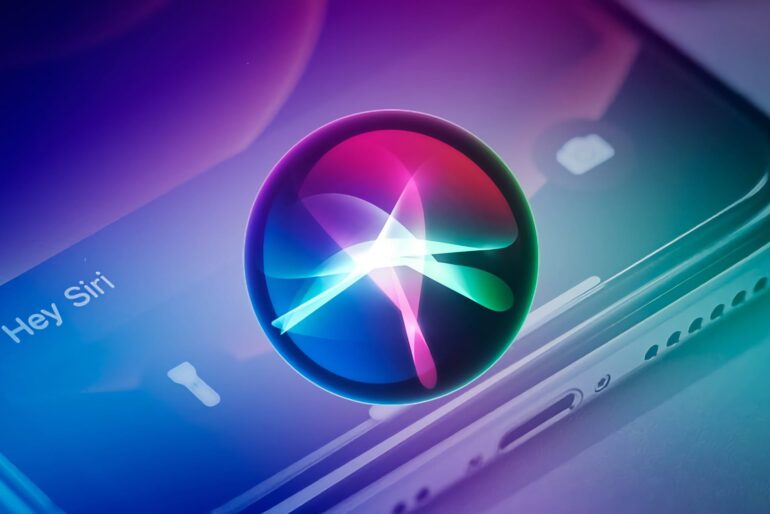TL;DR:
- Rumors suggest Apple is gearing up to introduce a next-gen Siri at WWDC 2024, powered by on-device AI.
- Insider reports indicate Apple’s ambition to make Siri “Apple’s most powerful killer AI app.”
- This move may necessitate new hardware, potentially limiting older iPhones from accessing its full capabilities.
- Samsung’s recent developments in on-device AI align with Apple’s focus on privacy.
- On-device AI is seen as the next frontier in differentiating smartphones.
- The impact of on-device AI on privacy and user experience is poised to shape the future of the smartphone market.
Main AI News:
Apple enthusiasts and tech aficionados alike are abuzz with excitement as fresh rumors suggest that Apple may introduce a next-generation Siri assistant at the much-anticipated WWDC 2024 event. While details remain closely guarded, the speculation stems from reliable insider Revegnus on X, formerly known as Twitter.
Revegnus dropped hints that Apple is harnessing the power of large language models (LLM) to transform Siri into the ultimate virtual assistant completely. According to the leak, the first product showcasing this advanced Siri is expected to make its debut at WWDC 2024.
What’s particularly intriguing is Apple’s vision to evolve Siri into what they dub “Apple’s most powerful killer AI app.” Their ambitious plan is to make it a standard feature on the iPhone 16 models and beyond. This, however, raises questions about the need for new dedicated hardware, potentially rendering older iPhones incapable of accessing its most potent capabilities.
While current iPhones, like the iPhone 15 Pro, boast powerful chips such as the A17 Pro, capable of handling AI tasks, it seems Apple is poised to take things to the next level. For instance, the upcoming Journal app, set to debut on iOS 17, leverages on-device machine learning to craft personalized suggestions for journal entries.
These rumors fall in line with Samsung’s recent developments in the realm of on-device AI. Samsung unveiled its own on-device LLM called Gauss and hinted at a forthcoming ‘AI Live Translate Call’ feature. This feature promises to provide users of the latest Galaxy AI phone with a personal translator, offering real-time audio and text translations within the native call feature.
The common thread here is the emphasis on on-device AI. Samsung’s approach aligns with Apple’s strong commitment to privacy, ensuring that private conversations never leave the user’s device. In essence, this mirrors the privacy benefits offered by on-device AI when compared to cloud-based alternatives like ChatGPT. Data, in theory, remains securely confined to the user’s device.
With hardware advancements in smartphones reaching a plateau, both Apple and Samsung are seeking fresh differentiators to entice consumers. In the past, cameras played that role, but as camera technology matures, on-device AI emerges as the next frontier.
The potential applications of on-device AI in enhancing smartphone experiences are vast and varied. The ability to quickly summarize data, understand natural language, and generate data from prompts opens up new possibilities that we’ll undoubtedly explore in greater detail throughout 2024.
For Apple users, the hope is that these advancements will result in a more useful, reliable, and conversational Siri—a voice assistant that truly stands out in the competitive landscape.
Conclusion:
The impending launch of an advanced Siri assistant with on-device AI at WWDC 2024 signifies Apple’s commitment to maintaining its competitive edge in the smartphone market. This move aligns with the industry trend of focusing on on-device AI to enhance user privacy and offer innovative experiences. As the market evolves, the integration of on-device AI is set to become a pivotal factor in smartphone differentiation and customer satisfaction.

